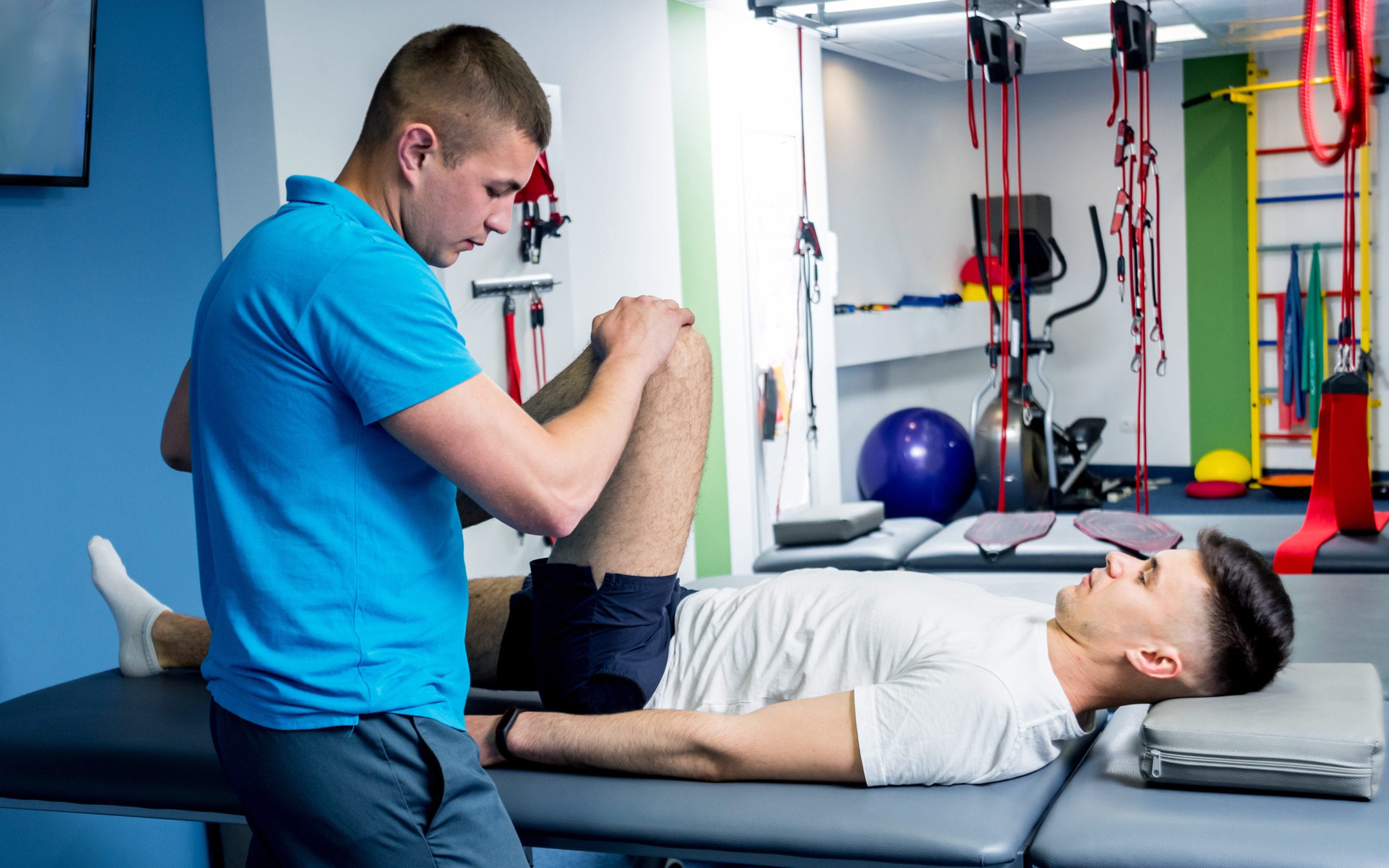Enhancing Rehab Outcomes Via Effective Practical Motion Screening Guidelines
Enhancing Rehab Outcomes Via Effective Practical Motion Screening Guidelines
Blog Article
Functional Movement Screening (FMS) is a beneficial instrument used to assess an person's mobility patterns. This assessment helps identify any deficiencies or imbalances in the musculoskeletal system, which can lead to harm if not corrected. In rehabilitation contexts, FMS can serve a crucial role in improving recovery results. By understanding how each individual moves, healthcare providers can design focused rehabilitation programs that concentrate on improving power, mobility, and overall function.
One of the main benefits of using FMS in recovery is its ability to identify specific aspects that need improvement. For instance, if a patient has difficulty with squatting or lunge movements, it may indicate a deficiency of mobility in their hip joints or ankle joints. This information allows clinicians to formulate personalized exercise regimens that highlight correcting these shortcomings. As a result, patients are more likely to recover their power and functionality, which is crucial for resuming to daily activities or athletics.
Implementing effective FMS protocols can also help prevent future harm. Many injuries happen due to inefficient movement mechanics or excessive use of certain muscle clusters. By screening patients before they begin a rehabilitation program, clinicians can detect risks and establish approaches to reduce them. Educating patients about appropriate movement patterns and enhancing underdeveloped aspects can lead to long-term advantages, promoting that they stay engaged and healthy.
Additionally, the use of FMS can enhance communication between healthcare providers and clients. When clients see their movement mechanics evaluated and clarified, they gain a clearer understanding of their rehabilitation process. This clarity fosters trust and motivates patients to take an active role in their rehabilitation. By engaging patients in their rehabilitation journey, they are More Info more likely to adhere to recommended activities and lifestyle adjustments read this article that support better outcomes.
In summary, improving recovery outcomes through efficient functional mobility assessment protocols is crucial for both patients and healthcare providers. By precisely evaluating mobility mechanics, therapists can create customized recovery programs that address specific requirements. This not only facilitates in recovery but also helps avoid future harm. As patients become more engaged in their rehabilitation process, they are likely to achieve their goals and sustain a fit, active way of living.